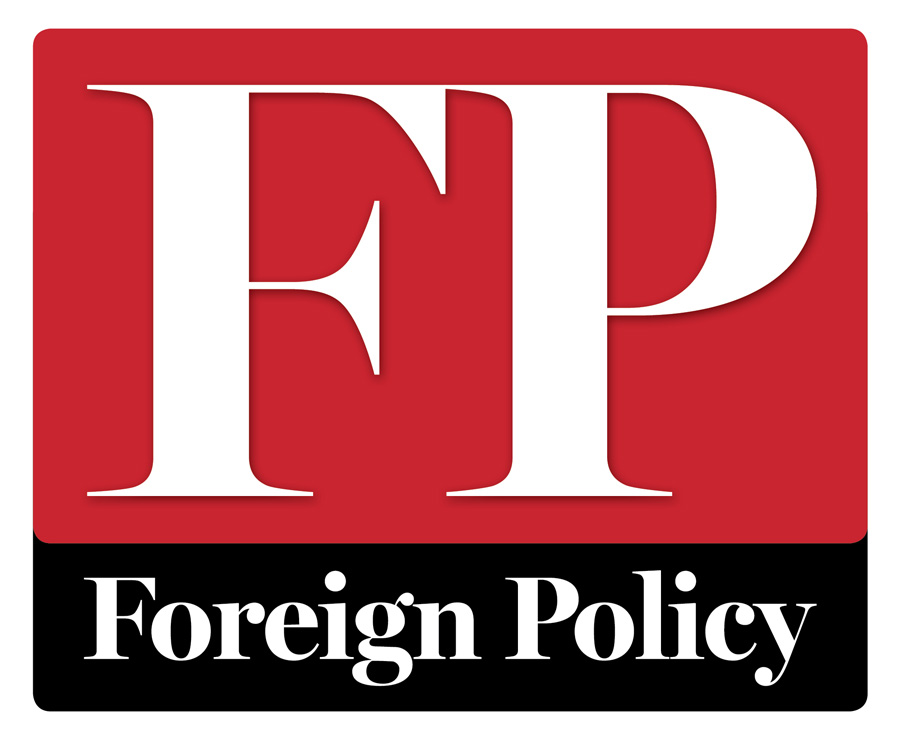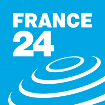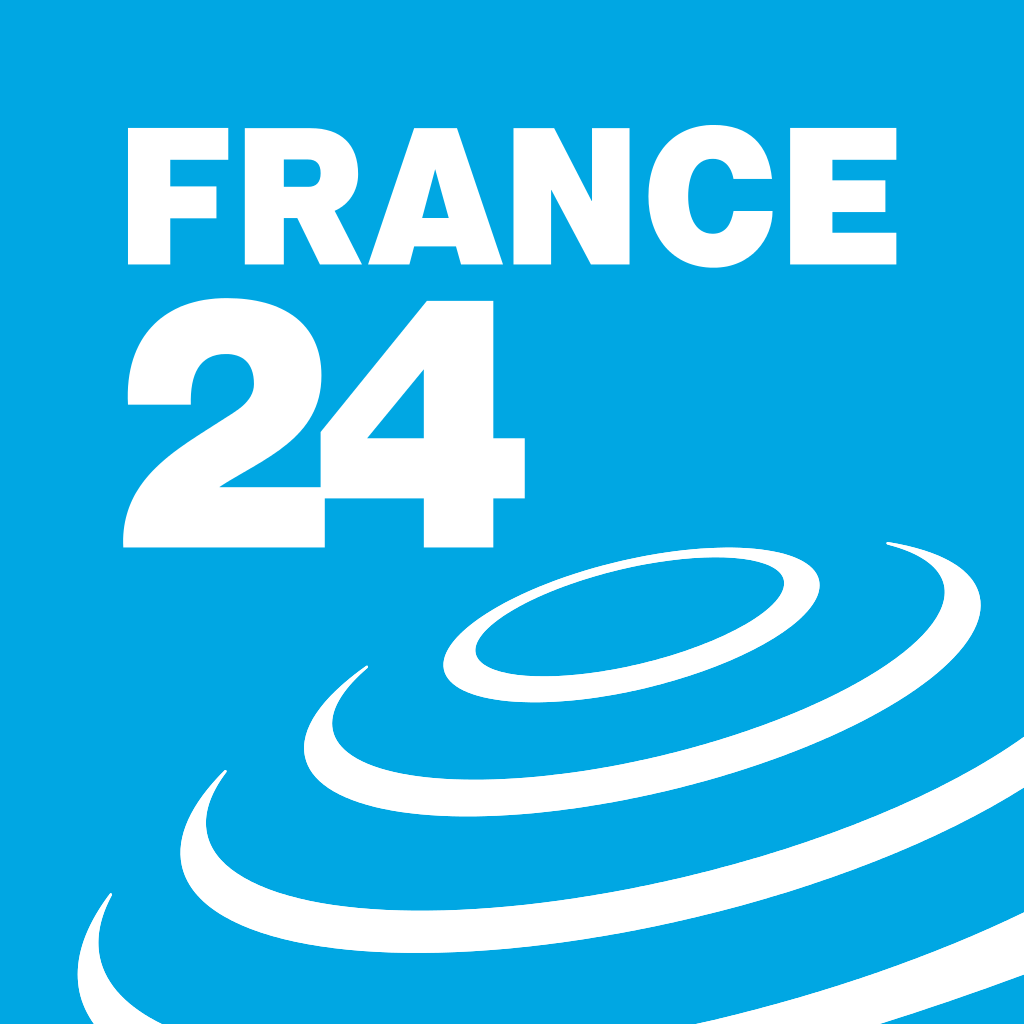

Semiconductors: how the United States is suffocating China
The United States are ramping up its efforts to deny China access to the most advanced semiconductors powering smartphones, personal computers and the latest generation of supercomputers.
Europe’s big rare earth discovery seen as ‘game changer’ in bid to address China’s dominance
Europe has been almost entirely dependent on China for critical minerals for years, but a newly unearthed million-tonne deposit in Sweden could help reduce that reliance


Europe-US resolve on China proves short-lived ahead of key meetings in Beijing and Washington


We need to talk about Xi Jinping: G7’s discord over powerful trading partner
Disagreements have opened up about strategy when China is also seen as an existential threat. Western powers in the G7 group of nations are failing to coordinate their China strategies, senior western officials admit, adding that the need to do so has been given sharp impetus by Xi Jinping’s consolidation of power at this month’s Communist party congress.
Round Up Of New Reports On OpenRAN Security
Following assertions of OpenRAN solutions offering costs cuts and shortcuts to 5G and even claims of superior security, a series of reports from governments, scientific labs, security expert and think tanks investigate the technology. They showcase perspectives from the United State, the European Union, and emerging countries.


'Xi Jinping's religious crackdown signals the party's inability to control people's minds'
The decline of the Marxist utopia and the collapse of traditional ethics have created a moral and spiritual vacuum, forging a path for religions, notes Asia specialist Claude Meyer.
China's power: views from Kevin Rudd, former Prime Minister of Australia
An interview with Kevin Rudd, former Prime Minister of Australia.


Japan’s Africa aid rivals China in terms of ‘quality over quantity’: analysts
Japan has been investing in the continent for longer than China and applies international standards to its infrastructure financing, analysts said. Its pockets may not be as deep, but its support of good governance and democratic principles makes it a tempting development partner for African states.


After support for Ukraine, Kishida aims for NATO unity on China
When Prime Minister Fumio Kishida becomes the first Japanese leader to attend a NATO leaders summit on Wednesday, he’ll be looking to stress the need for unity in preventing China from taking the “wrong lessons” from the Ukraine war as the bloc looks to expand its footprint in the Indo-Pacific.
French Presidential Election, Ukraine crisis, China-France and China-EU relations
This week the guest of "Dialogue Weekend" on CGTV is Thierry de Montbrial, founder and executive chairman of Ifri, French Institute for International Relations. Last Sunday, Emmanuel Macron became the first French president to be re-elected since Jacques Chirac 20 years ago, with a 17-point victory over far-right populist Marine Le Pen.
The Ambitions of the Islamic Republic of Iran in the Pacific
In January 2023, the Iranian Navy staged a show of force near the Australian Exclusive Economic Zone (EEZ) amid growing tensions between Tehran and Canberra.
Emmanuel Macron Visits China: Stability in the Taiwan Strait Should be a Priority for France
President Emmanuel Macron will visit China from April 4 to 8 for the first time since 2019 and five months after his meeting with Chinese President Xi Jinping, on the sidelines of the G20 summit in Bali.
South Korea and IPEF: Rationale, Objectives and the Implications for Partners and Neighbors
As a key manufacturer of high-end technology components critical to the sustainability of the Fourth Industrial Revolution, South Korea is essential in any effort to rebuild a resilient global supply chain but also to the promotion of a clean economy. South Korea can thus contribute to two of the pillars of IPEF (Indo-Pacific Economic Framework), specially to pillars II and III (supply-chain resilience and a clean economy).
China-Russia Cooperation in Space: The Reality behind the Speeches
China-Russia cooperation in space has been increasing for the past two decades. This cooperation accelerated after the Crimea crisis in 2014 and culminated with the announcement in 2021 of the joint construction of the International Lunar Research Station (ILRS).
Modernizing the People's Liberation Army: The Human Factor
The tremendous demographic challenges facing China will not significantly affect the People’s Liberation Army (PLA) in the immediate future, but will become more problematic in the medium and long term. The rapid aging of the population and the resulting socio-economic imbalances will put pressure on defense budgets, military wages and the general attractiveness of the army. For the time being, the PLA’s primary goal in terms of human resources is to build a less oversized, more professional army, prepared for high-intensity combat.
Japan’s Africa policy: Back to basics in times of crisis
Addressing remotely the 8th Japan-Africa TICAD Summit held in Tunis between August 27th and 28th, Japanese Prime Minister Fumio Kishida pledged $30 billion in public and private contributions to the African continent over the course of the next three years. This is a quite a remarkable move, as no specific amount was mentioned by the late Prime Minister, Shinzō Abe, at the previous TICAD 7 in 2019. By doing so, Japan aims at demonstrating that its commitment to Africa is solid and sustainable: its traditional approach towards a human-centered development is more relevant than ever in these times of crisis (between the pandemic, the war in Ukraine, and the adverse effects of climate change), and clearly marks a difference from China’s practices.
Chinese Nuclear Force Modernization and Doctrinal Change
Dating back to the first test in 1964, the Chinese nuclear force modernization process is motivated by other nuclear powers’ modernization across the years, mostly from the United States and the Soviet Union, but also by domestic factors such as economic debates and tensions in the scientific community.
Cyberspace Governance in China: Evolution, Features and Future Trends
As China’s political relations with most of the world’s technologically advanced states have worsened, Beijing has put in place the world’s most comprehensive regulatory and administrative system for governing cyberspace.
New government in Canberra: A reset for Australia’s Indo-Pacific approach?
Following the May Federal election, Australia has its first centre-left government in close to a decade, led by Prime Minister Anthony Albanese.
Implications of the Global Supply Chain Reform: A Taiwanese Perspective
How have both the private and public sectors in Taiwan sought to mitigate the challenges posed by the reform agenda for global supply chains (GSCs)?


Europe’s relationship with China is now one of mistrust and hostility
At the start of the pandemic, Europe and China helped one other. Then the mood changed.


China wants its diplomats to show more fighting spirit. It may not be intended to win over the rest of the world
The rise of the so-called ‘wolf warriors’ heralds a more aggressive approach to promoting the country’s official line. Analysts warn this is likely to harm the country’s image even if their careers benefit as a result.


Rare earths: Beijing threatens a new front in the trade war
China believes its near-monopoly gives it leverage over the US but supply cuts would spur rival producers.


China or the US? Europe’s ‘impossible choice’ in the trade war
Growing tensions between China and the United States over the escalating trade dispute – and the resulting global uncertainty – are forcing other countries to choose between the two economic superpowers.
Does China Want the Koreas to Reconcile?
This Friday, April 27, the South Korean and North Korean leaders will meet in the demilitarized zone dividing their estranged countries to discuss improving relations and possibly even formally ending the Korean War, which has continued in the form of an often tense and fragile armistice since the cessation of combat in 1953. This inter-Korean summit, the first since 2007, signifies closer ties between the two Koreas—and will be an important bellwether for Donald Trump’s late-May or early-June meeting with North Korean leader Kim Jong-un.
The new Mao? China to lift term limits for President Xi Jinping
Does China now have a president for life? China's leader Xi Jinping could stay in power indefinitely following the ruling Communist Party's proposal to scrap term limits.


Japan’s Own Belt and Road
Tokyo is ramping up international partnerships and investments to offer an alternative to Beijing’s signature foreign-policy project. For the first time in 15 years, Japan’s foreign minister last month paid a visit to the tiny island nation of Sri Lanka, shepherding a dozens-strong delegation of business leaders eager to deepen economic ties between the two countries after a year of increasing security cooperation.


IFRI's Alice Ekman on Emmanuel Macron's state visit to China
On his first state visit to China, the French president has pushed for more European involvement in China's ambitious multi-billion dollar project to revive the ancient Silk Road trade route. China specialist Alice Ekman talks to RFI's Amanda Morrow about how China is likely to respond to pressure from France.
Chinese missile crisis? Escalation over disputed China Sea islands
Reports have emerged that China has set up a missile launch base on Woody Island, part of an archipelago disputed with Taiwan and Vietnam. This comes just as the US President was wrapping up an ASEAN summit to strengthen ties after the recent Trans-Pacific Partnership trade deal. How will this shape policy not only among Washington's traditional allies in the region but also in countries like Vietnam? Once again, a war-weary US is being called upon and has to look at the broader picture.


China quiere aumentar su protagonismo en Oriente Próximo
Después de haber rehuido durante años implicarse en una región que considera un avispero, China quiere finalmente mostrarse como un participante más activo en Oriente Medio. La visita que el presidente chino, Xi Jinping, comienza este martes a Arabia Saudí, Irán y Egipto señala la creciente importancia que Pekín concede a la zona, tanto desde el punto de vista económico como de seguridad, y representa un paso más en su estrategia para presentarse como una alternativa al modelo estadounidense de potencia mundial.
Support independent French research
Ifri, a foundation recognized as being of public utility, relies largely on private donors – companies and individuals – to guarantee its sustainability and intellectual independence. Through their funding, donors help maintain the Institute's position among the world's leading think tanks. By benefiting from an internationally recognized network and expertise, donors refine their understanding of geopolitical risk and its consequences on global politics and the economy. In 2024, Ifri will support more than 70 French and foreign companies and organizations.
































